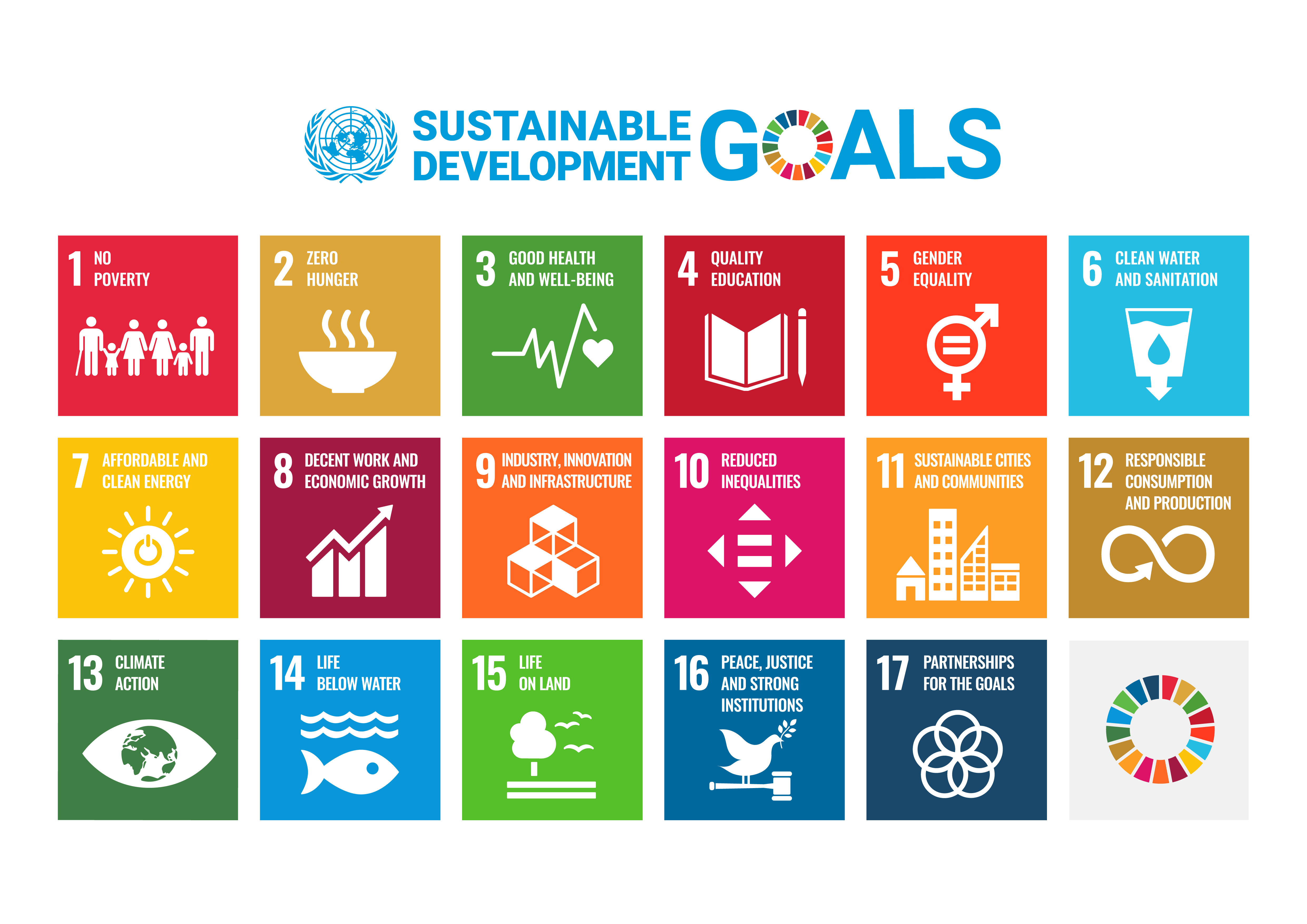
Language


This SDG Flag Day we celebrate 10 years of the Sustainable Development Goals through the collective impact of our work well-being initiatives.
Today is SDG Flag Day, once again, the Ethical Supply Chain Program (ESCP) joins hundreds of organisations globally raising the SDG flag to show support for the Global Goals.
2025 marks the 10th anniversary of the United Nations Sustainable Development Goals (SDGs) as well as the 25th anniversary of the United Nations Global Compact. To celebrate this momentous occasion, we took our flag on a trip to Guangdong, China and flew it proudly at our Family-Friendly Spaces 10-year anniversary event.
The anniversary event celebrated the impact and achievements of Family-Friendly Spaces since its launch in 2016 – scaling from 2 factories to nearly 100 in 2025. The initiative addresses critical social and workplace challenges through providing free childcare to supply chain workers in communities and factory campus facilities across China & Vietnam.
ESCP’s Family-Friendly Spaces program promotes SDGs; 3: Good Health & Well-Being, 4: Quality Education, 5: Gender Quality, 10: Reduced Inequalities & 17: Partnerships for the Goals and has big ambitions to scale the positive impacts of the initiative in more key sourcing regions globally.
Flying our SDG Flag at the event was a great way to further educate the 100+ supporters of the childcare program – including global brands, factory workers, factory management and even some of the children enrolled in this year’s program – on the importance of the SDGs and of collective impact.
The 17 Sustainable Development Goals are at the heart of the 2030 Agenda for Sustainable Development, adopted by all United Nations Member States in 2015, providing a blueprint for peace and prosperity for people and the planet, now and into the future.

The 17 Sustainable Development Goals (SDGs) are an urgent call for action by all countries - developed and developing - in a global partnership. They recognize that ending poverty and other deprivations must go together with strategies that improve health and education, reduce inequality, and spur economic growth – all while tackling climate change and working to preserve our oceans and forests.
Before a business can promote the SDGs, they first need to assess the impact of their business operations, understand areas that can be improved, set targets and align performance to address issues and promote positive impact.
Each Global Goals is broken down with individual targets, with 169 targets in total and 232 indicators, enabling progress to be prioritised and tracked.
For Example, Goal 1: No Poverty is broken down into 7 targets:
Businesses can use these targets to create a roadmap for improvement of the impact of their business, where relevant.
For example, ensuring fair wages in the complete value chain, reducing and compensating for the environmental impact of operations in climate-impacted areas, review and develop frameworks to promote gender equality, etc. The UNGC has a number of tools available including a playbook for SMEs to support the integration of the SDGs into a company’s core operations.
Aligning operations and reviewing the impact of your business operations against the 17 Sustainable Development Goals (SDGs) seems like a daunting task, that many businesses would believe they do not have the resources to undertake. Partnering with a supply chain partner that promotes these goals and is expert in remediating issues can be an effective way to maximise efficiency and impact.
The Ethical Supply Chain Program (ESCP) supports businesses to mitigate any negative social impacts of their operations through ensuring the fair treatment of workers, enabling transparency in value chain operations and developing well-being initiatives that go beyond the workplace to support workers and their families.
Working with ESCP and participating in its programs and assessments helps businesses align with SDGs; 3: Good Health & Well-Being, 4: Quality Education, 5: Gender Quality, 8: Decent Work & Economic Growth, 10: Reduced Inequalities & 17: Partnerships for the Goals. Find out more about all 17 Global Goals here.
Learn more about how we can support your business to promote the SDGs here
